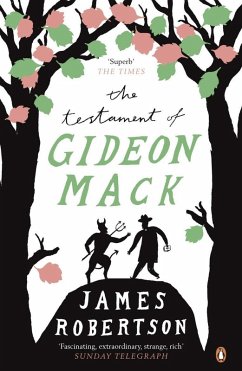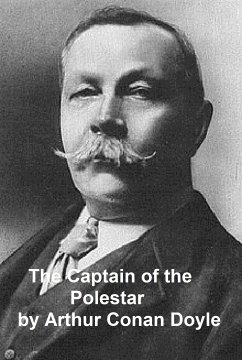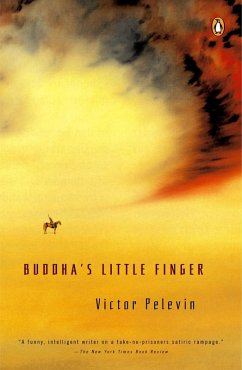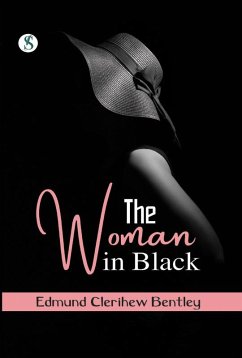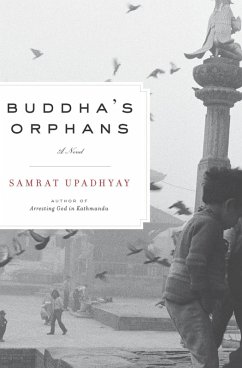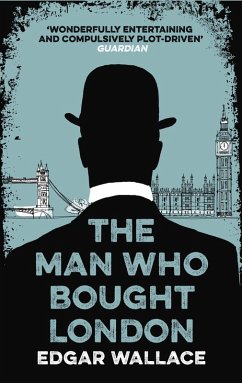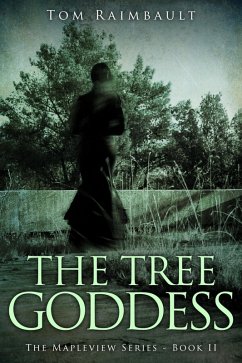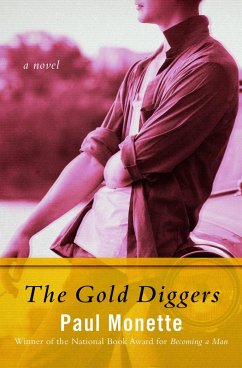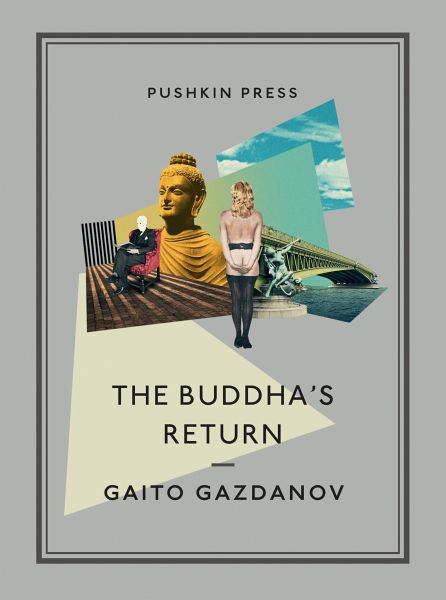
The Buddha's Return (eBook, ePUB)
Versandkostenfrei!
Sofort per Download lieferbar
9,59 €
inkl. MwSt.
Weitere Ausgaben:

PAYBACK Punkte
0 °P sammeln!
A millionaire is killed. A golden statuette of a Buddha goes missing. A penniless student, who is afflicted by dream-like fits, is arrested and accused of murder.Slipping between the menacing dream world of the student's fevered imagination, and the dark back alleys of the Paris underworld, The Buddha's Return is part detective novel, part philosophical thriller, and part love story.In typically crisp, unfussy prose, Gazdanov's delicately balanced novel is an irresistibly hypnotic masterpiece from one of Russia's most talented émigré writers.
Dieser Download kann aus rechtlichen Gründen nur mit Rechnungsadresse in A, B, BG, CY, CZ, D, DK, EW, E, FIN, F, GR, H, IRL, I, LT, L, LR, M, NL, PL, P, R, S, SLO, SK ausgeliefert werden.




